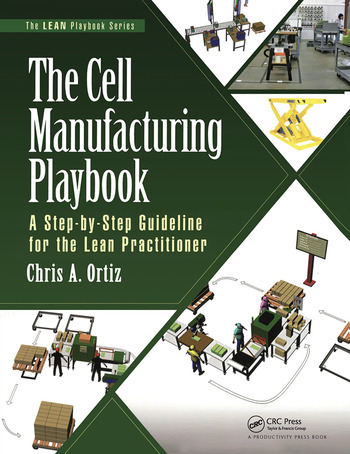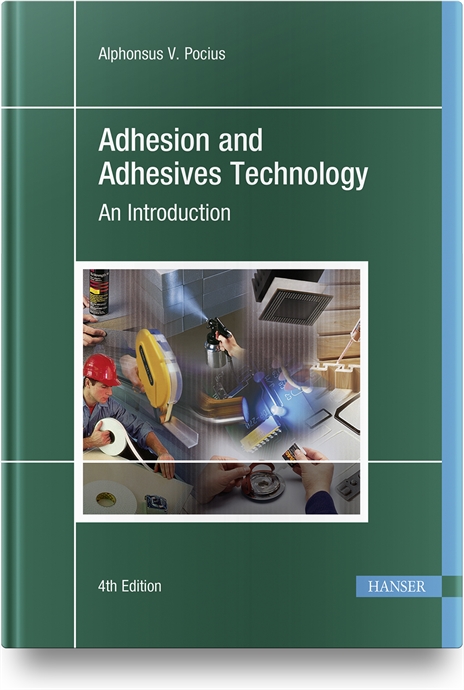The number of people belonging to a union fell by 326,000 in 2006, to 15.4 million, according to a report released in January 2007 by the federal Bureau of Labor Statistics. In fact, union membership has declined steadily from 20.1 percent of workers in 1983, the first year for which comparable union data are available, and it continues to shrink. In 2006, only 12 percent of wage and salary workers were union members, down from 12.5 percent a year earlier. That fraction is even less when government workers are factored out. The fraction of private-sector workers represented by unions last year was only 7.8 percent.
No wonder that two of Big Labor’s best friends, Rep. George Miller, D-CA, and Sen. Ted Kennedy, D-MA, have teamed up to produce the Employee Free Choice Act.The Wall Street Journalrecently pointed out that this bill will effectively do away with secret ballot organizing elections, a product of the 1935 Wagner Act, and the crown jewel of federal labor law.
Passage of this bill, H.R. 800, would mean that workers would no longer retain even the minimal protection of a secret ballot election, according to the National Right to Work Committee (NRTWC, Washington). Instead, NRTWC President Mark Mix says the bill would allow union officials to employ the coercive card check system during organizing campaigns. Under the card check system, all union officials need to establish monopoly bargaining power is for a majority of workers to sign these so-called union authorization cards.
The final proof that this bill is about union power, and not worker choice, is revealed by its treatment of the flip side of unionization: decertification elections, says Lawrence B. Lindsey, president and CEO of the Lindsey Group (Washington), an economic advisory firm. Writing inThe Wall Street Journalrecently, Lindsey says that unlike certification by card check, the unions are adamant about not allowing a majority of workers to simply sign a card in favor of decertification.
Jason Straczewski, director of human resources policy at the National Association of Manufacturers (Washington), argues that the Employee Free Choice Act is, in fact, anything but. “In theory and practice, this legislation goes against the basic democratic freedoms our country holds dear,” he says. He explains that this legislation would strip away employees’ freedom to choose whether or not union representation is right for themselves and their families. Furthermore, Straczewski says it would leave all employees vulnerable to coercion and intimidation during union organizing drives. “The debate is not about free choice,” Straczewski says. “It’s about a quick fix for union membership numbers on the decline.”
This is a clear attempt by Big Labor to make an end run around a federal labor law that actually protects the rights of wage and salary workers. It certainly behooves business leaders to closely follow the progress of this bill, which you can do atwww.nrtwc.org.
Get our new eMagazine delivered to your inbox every month.
Stay in the know on the latest assembly trends.
SUBSCRIBE TODAY!Copyright ©2024. All Rights Reserved BNP Media.
Design, CMS, Hosting & Web Development :: ePublishing


